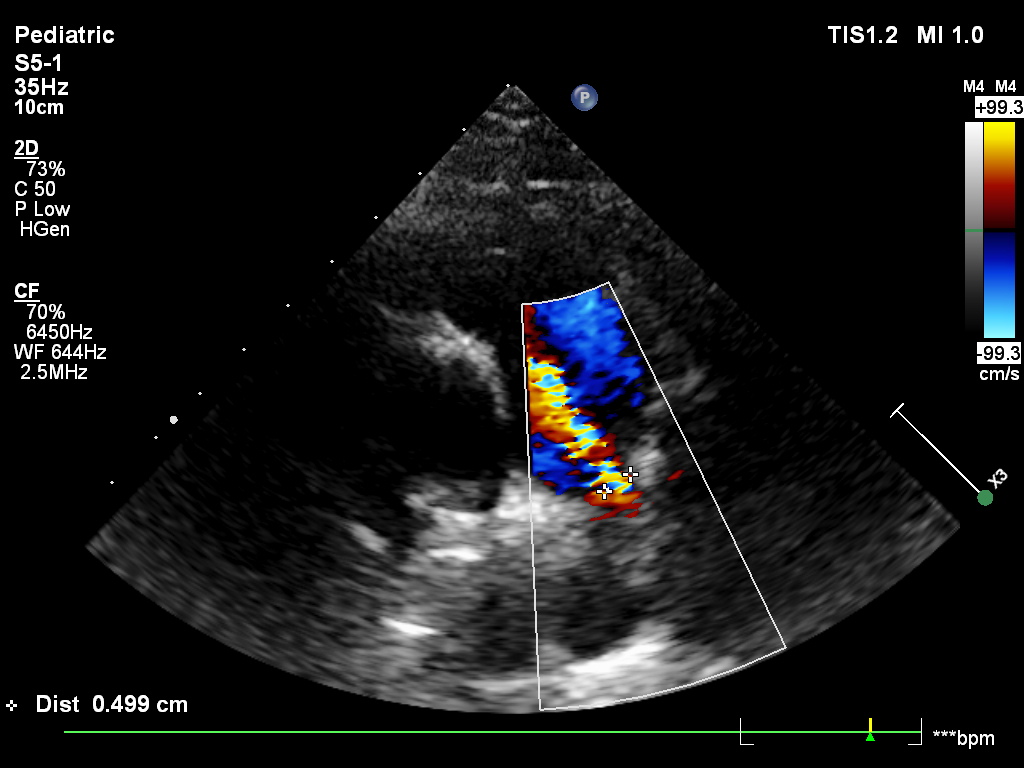
What are congenital heart defects?
Congenital heart defects are the most common birth defects . Out of every 1000 babies born, 8 have heart defects. They are result of deviation from normal path of heart development. As they are present at the time of birth, they are called as congenital heart defects (CHD). It includes variety of defects.Let’s go through the article to understand how to diagnose them in time and manage them to improve life of affected child and the bring smiles on everybodies face.(refer to Symptoms that Might Indicate a Heart Problem in children)
These defects are classified into following broad categories:
Increase in blood supply to lung
In these defects, oxygen-rich blood that should be supplied to the body is shunted back through the lungs.
There is increase in pressure in the lungs.
Most common conditions are :
- Patent ductus arteriosus (PDA):
- Atrial septal defect (ASD):
- Ventricular septal defect (VSD):
- Atrioventricular canal defect complete or partial:
Decrease in blood supply to the lungs/ blue babies
Deoxygenated ( impure ) blood that is supposed to go to lung is shunted back to body . The body does not receive enough oxygen with these heart problems. Babies with these forms of CHD are cyanotic, i.e. blue. These conditions include:
- Tricuspid atresia:
- Pulmonary atresia.
- Transposition of the great arteries (TGA):
- Tetralogy of Fallot (TOF):
- Double outlet right ventricle (DORV): .
- Truncus arteriosus: .
Consult doctor
Obstruction to blood supply to the body
There is obstruction to blood flow to body. It is result of small valves / chambers/ blood vessels on left side of heart.
They include:
- Coarctation of the aorta or interruption of aortic arch (CoA):
- Aortic stenosis (AS):
- Hypoplastic left heart syndrome (HLHS):
In some cases, there will be a combination of several heart defects, making for a more complex problem that can fall into several of these categories.
Causes of congenital heart disease
Most forms of congenital heart disease have no identifiable or known cause. It is wrong to attribute these defects to mothers as if something they did during the pregnancy caused the heart problem. In most cases, nothing can be attributed to the heart defect.
Some heart problems do occur more often in families, so there may be a genetic link to some heart conditions. Other CHDs are likely to occur if the mother had a disease while pregnant (Rubella, SLE etc) and was taking medications, such as anti-seizure medicines. However, most of the time there is no identifiable reason as to why the heart condition occurred.
Testing and diagnosis
Before birth: Many serious congenital heart diseases can be detected during pregnancy, with help of a fetal echocardiography (Fetal echo). Your treating physician/ gynecologist may advice you a Fetal echo scan to rule out congenital heart defects. It can be done from 18 weeks of gestation ( 4 months and 10 days) onwards.
After birth:(refer to Symptoms that Might Indicate a Heart Problem in children) Heart defects can produce symptoms any time from birth till late in adulthood. If your paediatrician or physician suspect them during examination, he will direct you to Paediatric cardiologist for further evaluation(Neonatal and paediatric 2D echo).
Not infrequently adults present with congenital heart defects as they may go unnoticed or are neglected. Physician will direct you to a paediatric cardiologist for definitive management (Adult 2D echo, Adult structural and congenital heart defects).
 Treatments for congenital heart disease
Treatments for congenital heart disease
Congenital heart problems range from simple to very complex. These babies will need individualized treatment depending upon underlying condition and symptoms.
Certain varities of VSD, small PDA may close naturally and for them observant care is sufficient. While, complex defects may require heart surgery or trans catheter cardiac intervention sometimes with in the first few hours after birth.
Trans catheter interventions ( non surgical correction) is preferred treatment for defects like ASD, PDA, pulmonary stenosis, aortic stenosis.
Complex heart defects require single or multi stage operations along with catheter interventions and ongoing care throughout their lives.
Outlook and follow-up care
After surgical or trans catheter intervention, these babies lead a healthy and productive life. Over long term follow up as they grow into adults, new problems unique to underlying condition can crop up. These are very specific and complex. Highly specialized care is required to look after them.
Super speciality cardiac clinic at Sujyot Heart not only offers diagnostic evaluation of congenital heart defect but also provides long term care for post cardiac surgery patients. Scientific, honest and evidence based opinion is the key to improve patient well being.

 Treatments for congenital heart disease
Treatments for congenital heart disease
REPLY COMMENT